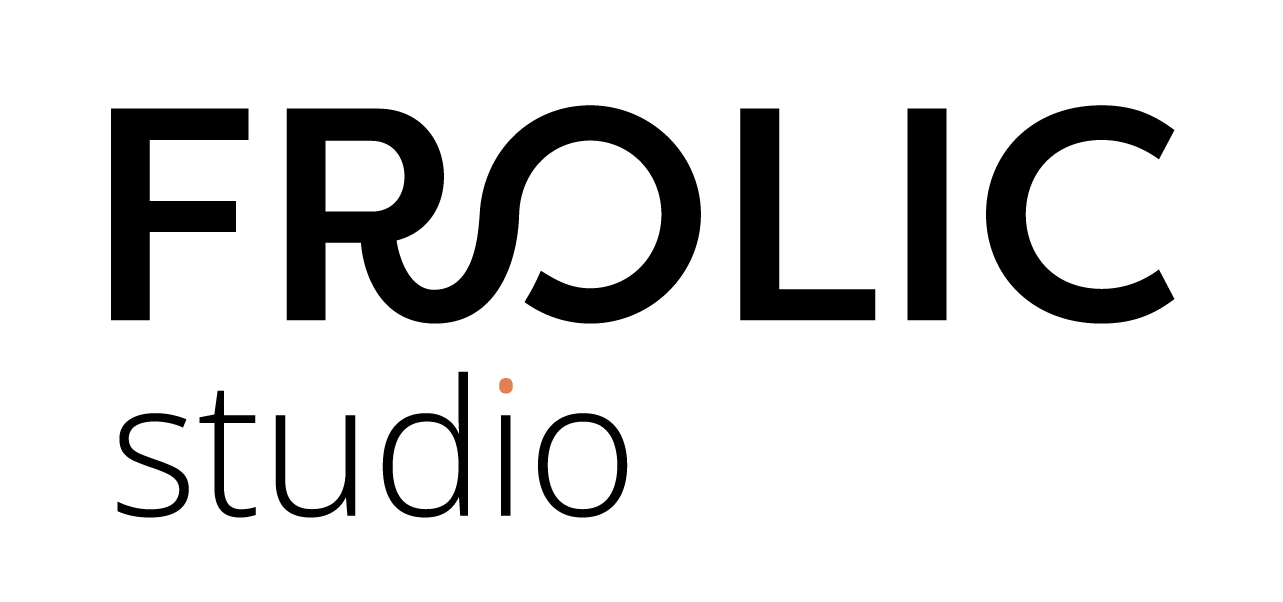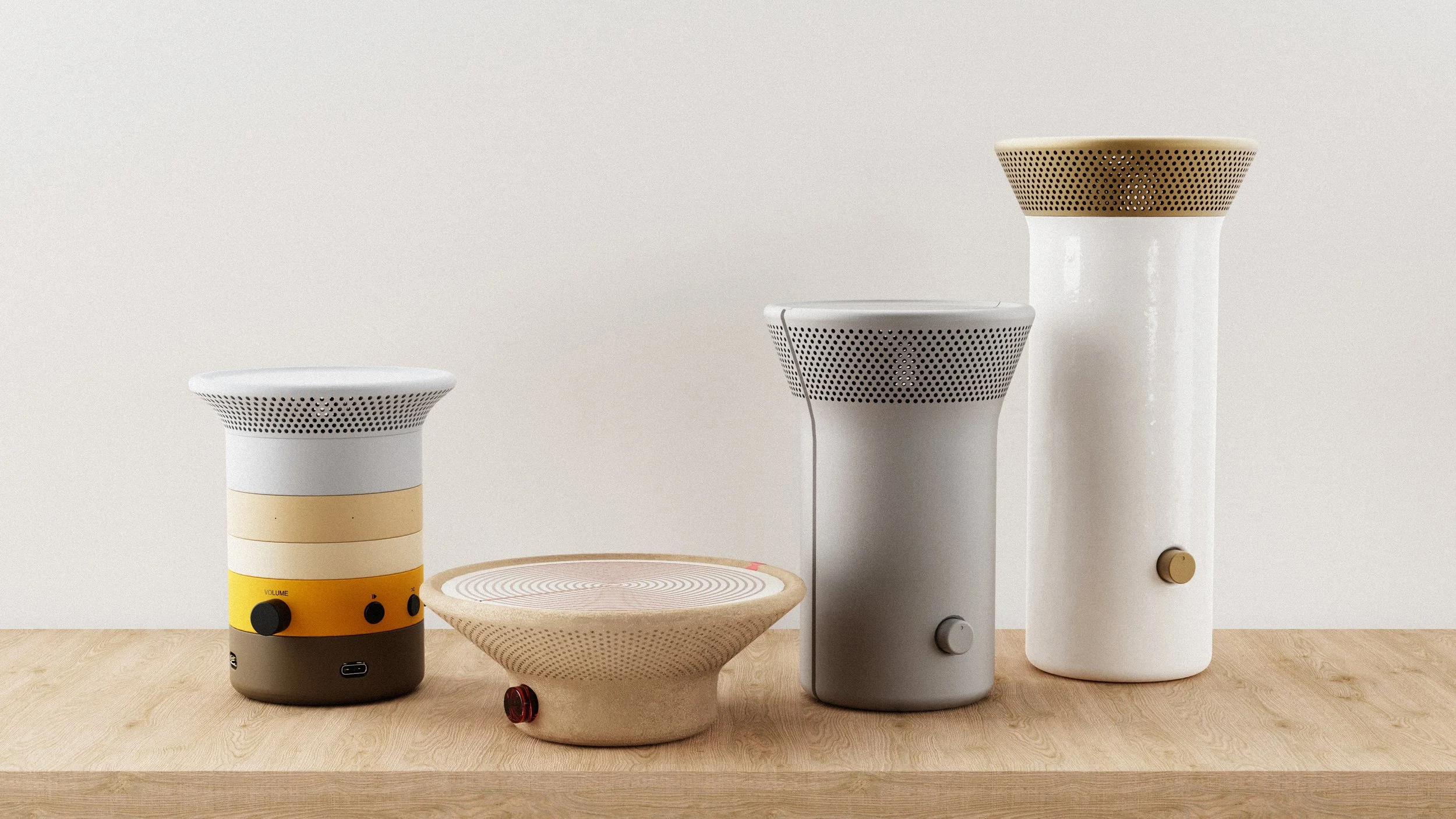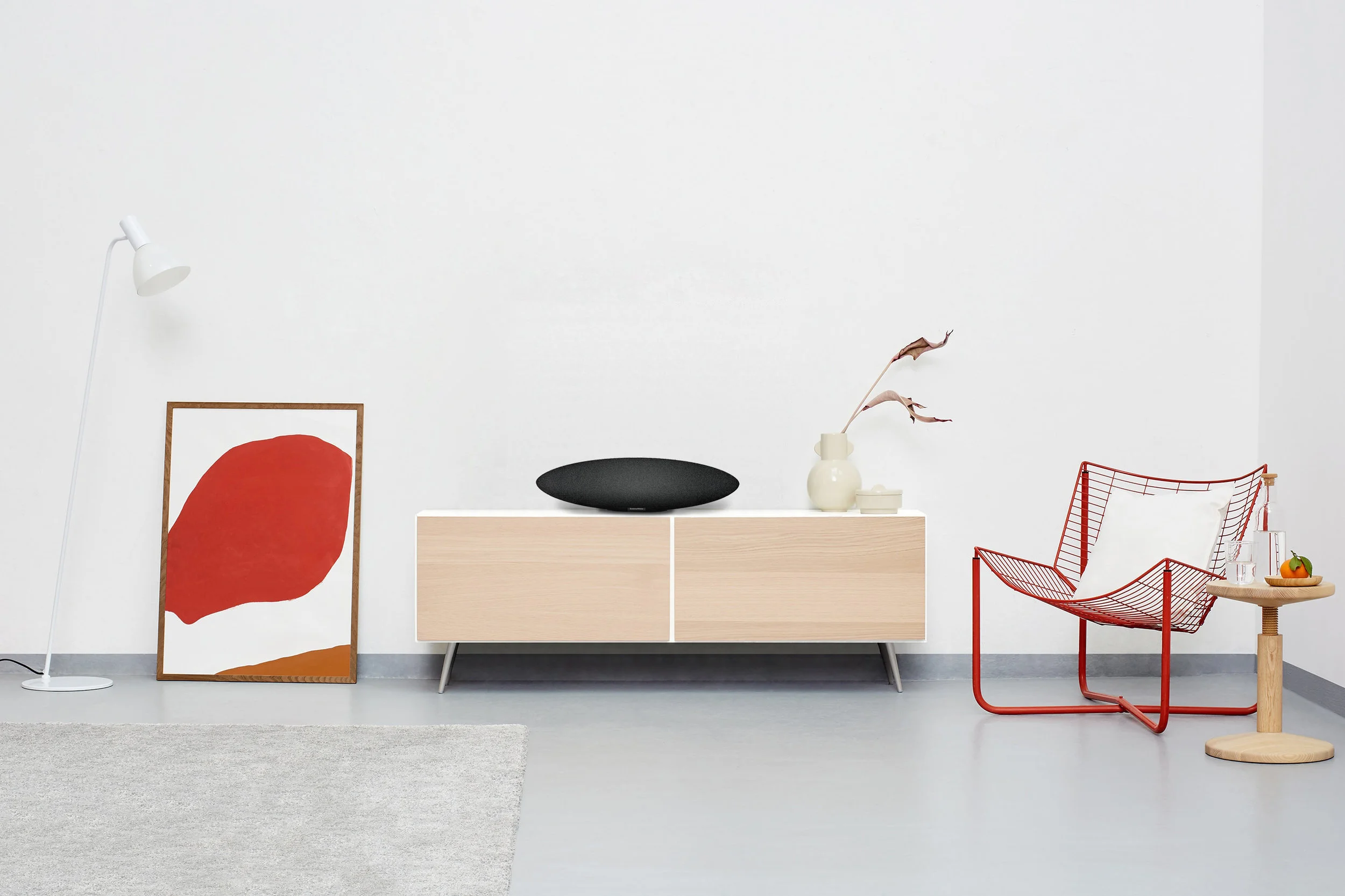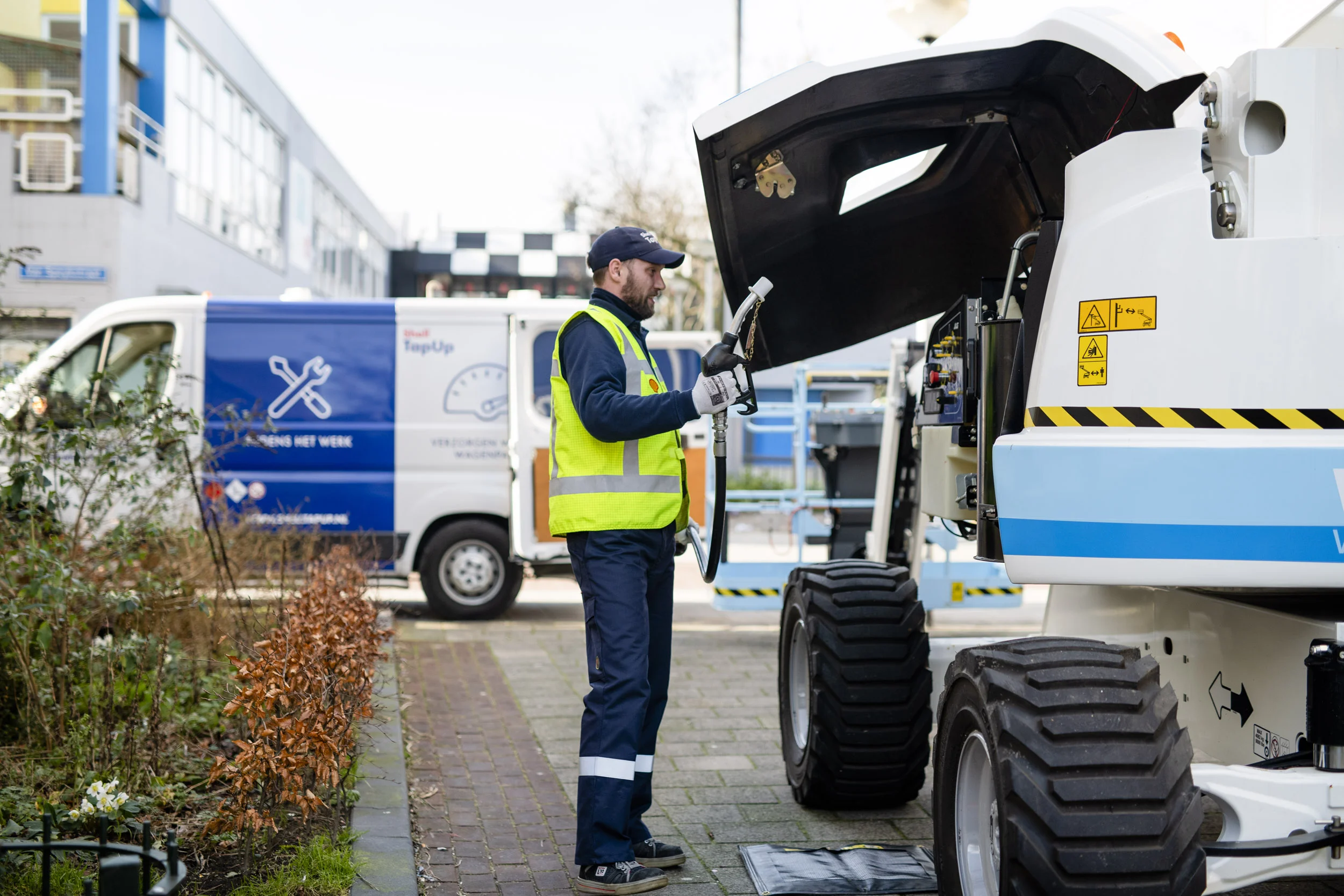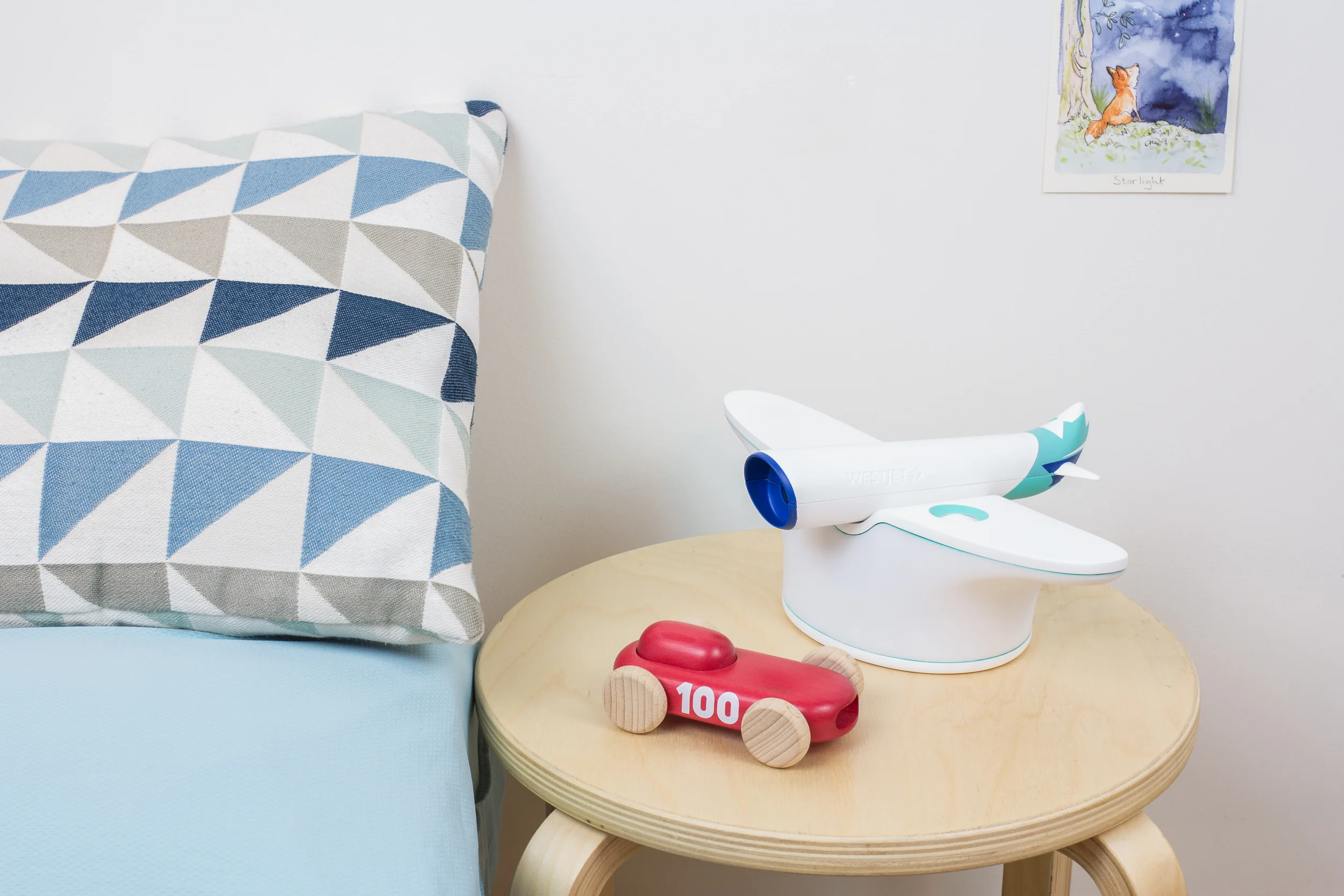A low-cost COVID-19 decontamination solution for emerging markets
Background
In early 2020 we, like many others, decided to channel our resources and network into finding ways to help overcome the critical challenges posed by COVID-19. We put a call out for assistance and insights, and an incredible 130 volunteers came forward to offer their skills — in addition to dozens of medical healthcare practitioners and frontline workers who shared their stories.
We listened. We collaborated. The result was an open-source toolkit for decontaminating Personal Protective Equipment (PPE) using the power of UVC light and some readily available equipment. Since then, hundreds of people around the world have followed our guide to build it and are using it daily. Build your own.
Original version of the DIY decontamination box
Sandu UVC, a new and improved version of the decontamination box
A year later, thanks to a pre-commercial agreement with RVO, a new, improved (and, importantly, low-cost) version of the decontamination box has now been developed. Around 40 units have already been deployed in a pilot programme with Ugandan healthcare facilities. Using our learnings from the pilot, we aim to finalise it for production at a larger scale, increasing our reach in many more markets.
The product
Sandu UVC is a low-cost decontamination device that disinfects and adds further lifecycles to PPE by removing all traces of different viruses and bacteria—including COVID-19—using the process of Ultra-Violet Germicidal Irradiation.
Clarity and ease of use
The device has a very clear interface including a concise protocol that guides the user through the disinfection procedure correctly, in the safest way
Safety and reliability
The device has an additional built-in safety switch to ensure that no UVC light escapes the box when it’s opened. The device also meets all regulatory standards and has undergone accredited lab tests that guarantee its efficacy.
Portability
Lightweight, with built-in handles and a detachable power cable, the device is easy to move in contexts where different equipment fights for space.
Designed with the context in mind
We began with an in-depth analysis of different care facilities in a developing country like Uganda, allowing us to explore the reality of health practitioners at ground level while keeping human-centred design principles in mind. The aim was to understand how COVID-19 affected these frontline professionals, how the use of protective equipment had changed, and what they needed in order to better contain the spread of the virus.
User-testing with nurse, showing how she operates Sandu UVC
Interview with nurses in a Kampala hospital
We collaborated with local research partners and clinics for first-hand, unbiased insight to guide our design decisions. From identifying power demands to understanding the hygiene protocols, the entire research and design process was carried out with and for the Ugandan medical community.
The result? A simple device with a single manual, easy to use and designed for protocol consistency.
User-test with lab worker in a rural hospital
Semi-local production & distribution
A well-intended solution that does not make it through the last mile isn’t a success. One of the main goals of this project was to ensure the box would be accessible to all clinics and medical practitioners, including in remote areas. For that reason, it was key to work with local networks, from manufacturing to distribution, increasing the sense of ownership and accountability over the device.
The item is made of widely available sheets of a UV protected polymer, thermoformed to house the electric components that power the light.
A local partner in Uganda is responsible for partially manufacturing and fully assembling the device, putting together the locally produced parts and the European-made electric package.
